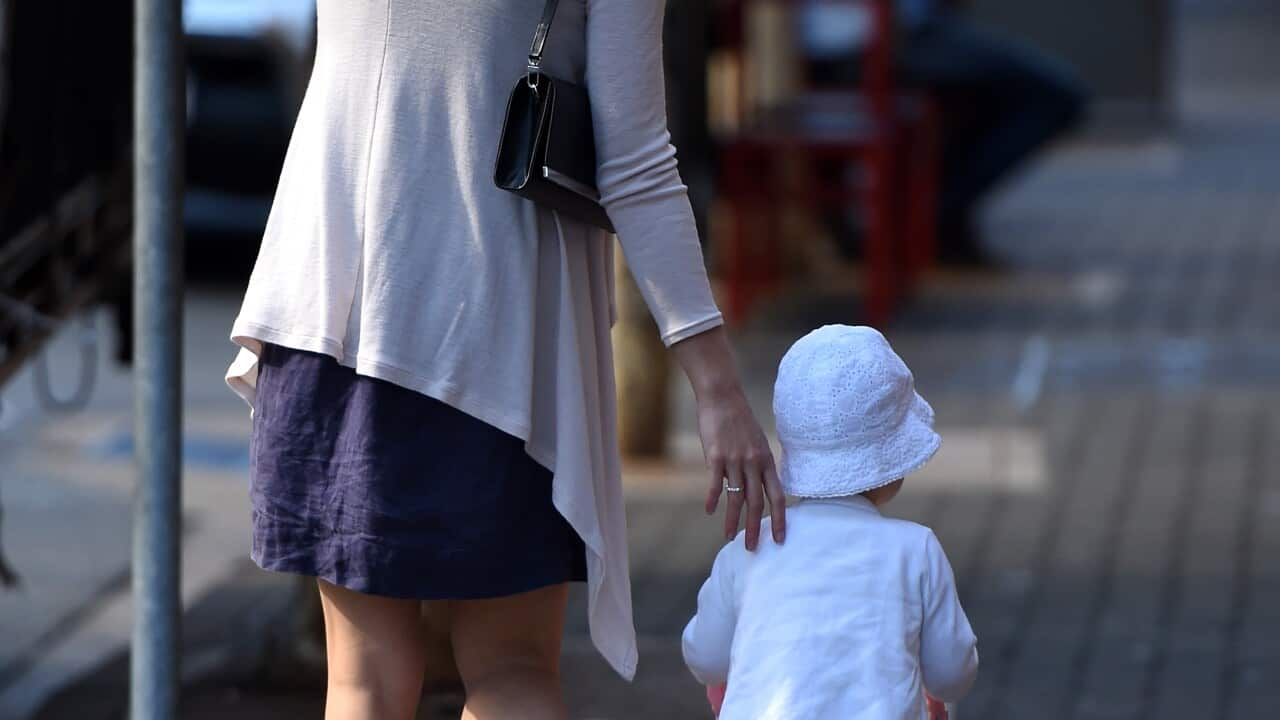Childcare funding and paid parental leave are chief among the announced budget measures expected to impact on Australian women, but there are concerns that some may be disadvantaged by the proposed changes.
The $3.5 billion reform of childcare was unveiled by Social Services Minister Scott Morrison on Sunday, stating that families with an income between $65,000 and $170,000 will be about $30 a week better off.
But the new means test for the single payment, due to replace Child Care Benefit and Child Care Rebate from July 2017, has prompted concern from the Australian Childcare Alliance.
President Gwynn Bridge said more information was needed on the activity test, which requires a minimum of eight hours a fortnight of work, study or volunteering.
“We know there are a lot of farmers’ wives who may not have their name on the family farm, but they are part of the work contingent,” she said.
“We really need to see who else is captured in that and ensure that they can prove their activity… These are things that really aren’t clarified yet that we need to see.”
‘They’re a loser and that’s something that the childcare industry is not very happy with’
Stay at home parents are also set to lose under the new proposals, according to the Centre for Independent Studies.
Policy Analyst Trisha Jha said parents with one stay at home parent and an income above $65,000 will be cut off from childcare support.
“It’s basically judged that they don’t need childcare benefits to work because one parent is staying at home by choice,” she said.
“They’re a loser from this and that’s something that the childcare industry is not very happy with. The other main loser is high income families who choose a very high standard of care. They are only going to get their care subsidised to the tune of $110 a day.”
However, Ms Jha said the main dispute would stem from the government’s plans to fund the new policy by pushing ahead with changes to the Family Tax Benefit, pitched in last year’s budget.
Eligibility for the Family Tax Benefit Part B is set to be tightened, reducing the primary earner income limit from $150,000 to $100,000 per year from July 2015. Payments will also be limited to families whose youngest child is younger than six years old, in an attempt to increase workforce participation among parents.
“It devotes an extra $3.5b over two years to facilitating female workforce participation and it does that at the cost of cutting Family Tax Benefit Part B, a payment designed for single earner families,” she said.
“It’s basically taking away from that single breadwinner family to pay for yet more benefits for the dual income family.”
The government is also proposing a $246 million two-year trial of nannies for shift workers and rural families, as well as closing the nearly $1 billion loophole allowing new parents to claim paid parental leave payments from both the federal government and their employer.
'It was a bit of a wrench for me as you'd expect given my long-term commitment to paid parental leave'
Concerns have also been voiced over planned changes to paid parental leave, which is set to leave nearly 80,000 new mums worse off.
From July next year, the taxpayer-funded paid parental leave scheme will only top-up employer payments to $11,500 - the maximum payable.
At the moment, new parents can get whatever paid parental leave their employer provides plus access the government scheme of 18 weeks at the minimum wage.
Prime Minister Tony Abbott admitted the personal transition from his signature paid parental leave to limiting access to a taxpayer-funded scheme was "a bit of a wrench", but said it would ultimately benefit the country.
"If you've got a massive surplus, you can do more than you can if you've got a significant deficit," Mr Abbott said.
About 79,000 new mothers will lose the government-funded paid parental leave either completely or partially under the changes.
Another 90,000 won't be affected because their employer doesn't offer paid maternity leave.
The measure is expected to save the budget $1 billion over four years.
'Women being screened will notice no difference in what happens when they visit their clinic'
Funding for a new cervical cancer test will also be covered in tomorrow’s federal budget, as part of more than $600 million worth of new cancer measures.
Health Minister Sussan Ley says the new test, which works by detecting an HPV infection, will replace the existing two yearly pap smear and instead be required once every five years.
The move has been welcomed by the Australian Cervical Cancer Foundation, whose chief executive Joe Tooma said the measures would make testing more convenient for women.
“Women being screened will notice no difference in what happens when they visit their clinic or doctor, other than they may only need to go every five years instead of two,” he said.
Women took a hit in the Abbott Government’s 2014-15 budget, the first federal budget unveiled without a women’s budget impact statement since 1984.
The government stripped away $1.6 million in funding for women’s leadership and $25.5 million was also slashed from legal aid, including frontline services targeting domestic violence services.
The funding cuts to legal services were later reversed by Attorney-General George Brandis in March, three months before they were due to come into effect.
Prime Minister Tony Abbott’s prized Paid Parental Leave scheme - which would have offered working mums six months leave on their full pay up to a salary cap of $150,000 – has also been axed.

